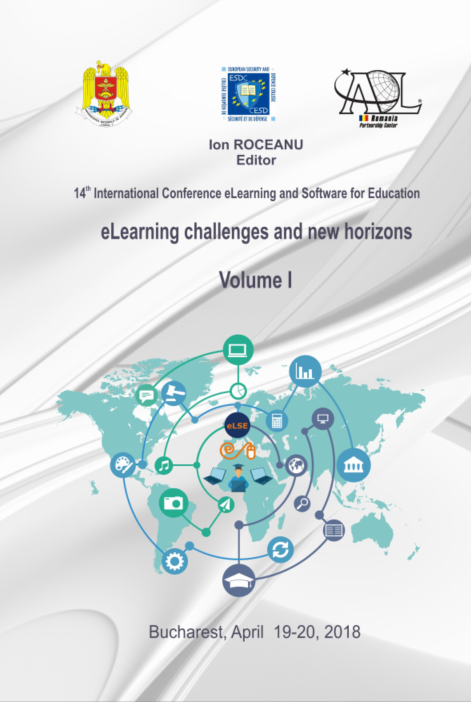Intricate Shifts in the Patterns of Reflexive Pedagogy that are Associated with E-Learning
Intricate Shifts in the Patterns of Reflexive Pedagogy that are Associated with E-Learning
Author(s): George Lăzăroiu, Elvira Nica, Raluca-Ștefania Balica, Adina Rădulescu, Sofia BratuSubject(s): Social Sciences, Education
Published by: Carol I National Defence University Publishing House
Keywords: reflexive pedagogy; e-learning ecologies; educational technologies;
Summary/Abstract: This article complements a substantial stream of research (especially Cope and Kalantzis, 2017) through an in-depth investigation of the ways a learning setting is similar to an ecosystem, comprising the elaborate interplay of human, textual, musing, and spatial underlying forces that take a consistent, systemic configuration. E-learning is instrumental in dispositions of space, student–to–teacher and student–to–student connections, the textual articulations of knowledge to which students are exposed, the types of knowledge products that learners design, and the manner the results of their training are assessed. Technologies are instructively nonpartisan. Educational technologies may be employed as an environment for didactic pedagogy and may advance substantial pursuits for education. Reflexive pedagogy, facilitated by a developing tendency of educational technologies, may establish e-learning ecologies that are more appealing for students, more adequate, more resource proficient, and more impartial when confronted with learner diversity. Thoroughgoing evaluations and practical options to didactic pedagogy may be reflexive, constituting somehow a rehabilitation of the dialogical, where the assistance of the student is active in an interaction between teacher and student. The results of our analysis provide evidence that there is a transformation in the steadiness of agency between them, where the latter has significant scope and concern for epistemic undertaking, even though within the set of criteria of an activity cycle that has been set by the former. The insistence is on the outcomes and knowledge representations built up by the student and the mechanisms of their construction, i.e. on the social starting points of knowledge. The outcomes of our research indicate that, in a reflexive pedagogy, data should not be discontinued as facts, conceptual accuracy with outstandingly regulated clarifications, or suppositions grounded in proposals that sit within broader epistemic stated values.
Journal: Conference proceedings of »eLearning and Software for Education« (eLSE)
- Issue Year: 14/2018
- Issue No: 01
- Page Range: 141-146
- Page Count: 6
- Language: English

